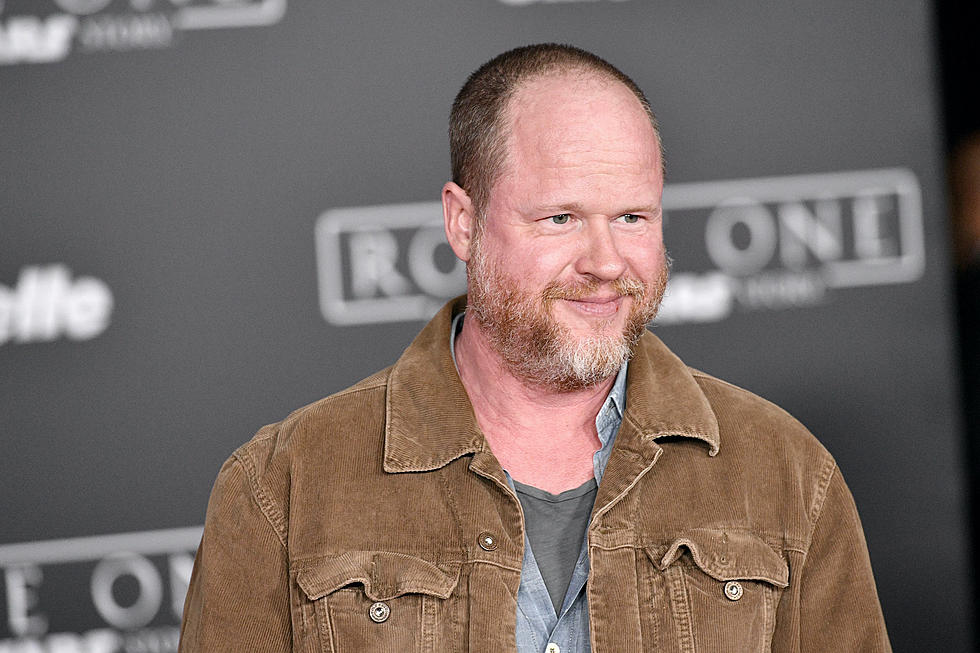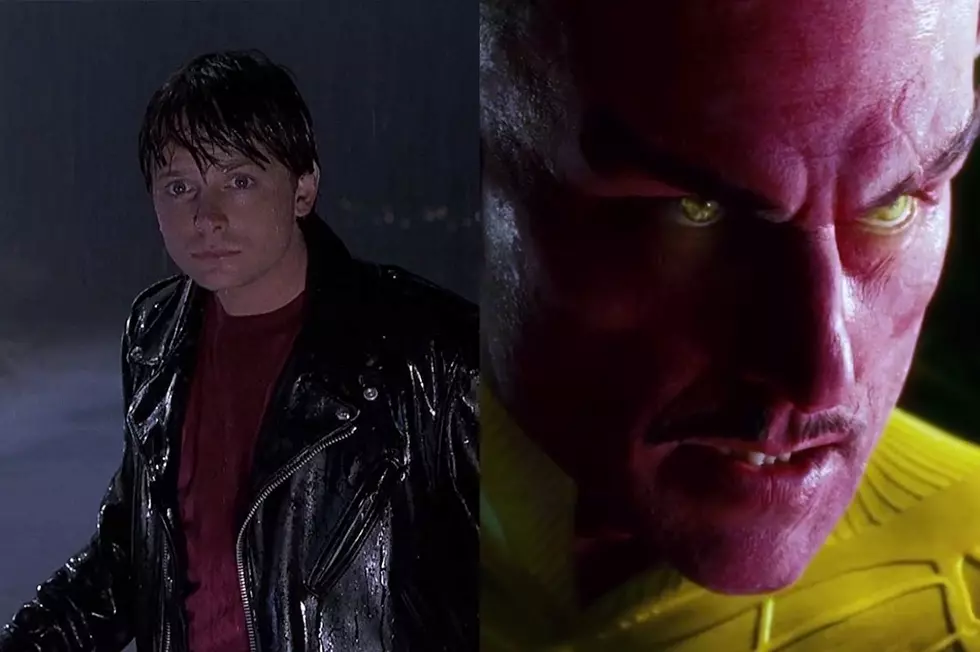
Joss Whedon Calls ‘Justice League’ One of the ‘Biggest Regrets’ Of His Life
Over the last few years, Joss Whedon has gone from one of the heroes of nerdy cinema — as the creator of Buffy the Vampire Slayer and the director of The Avengers — to one of its villains — as the man who took over Justice League after its original director, Zack Snyder, left the project, and then, according to some members of the cast, mistreated and abused the crew that Snyder left behind.
Since then, Whedon’s largely kept silent about the film and about the allegations against him — which included Gal Gadot claiming he “threatened” her, Ray Fisher calling Whedon “gross, abusive, unprofessional, and completely unacceptable,” and earlier collaborators like Buffy and Angel star Charisma Carpenter accusing him of abuse of power. But now Whedon has responded to all of these claims in a lengthy profile of his life and career for Vulture. It’s a long and in-depth piece, with interviews with Whedon and many people around him, so it’s worth reading the entire article.
If you’re mostly interested in what the heck happened after Whedon assumed creative control of Justice League from Zack Snyder, he now calls it “one of the biggest regrets of his life.” He claims that problems began when he insisted the actors stick to his script, a big difference from Snyder, who encouraged the cast to improvise their dialogue however they saw fit. One crew member told Vulture that after Gadot criticized his approach, Whedon publicly responded that “he had never worked with ‘a ruder group of people.’”
As for the allegations against him, Whedon insisted that he “did no such thing” and that he didn’t threaten people, concluding that Gadot had “misunderstood” what he said. (“English is not her first language, and I tend to be annoyingly flower in my speech,” Whedon told Vulture; Gadot told the site that she “understood perfectly” what Whedon told her.) As for Fisher, Whedon did concede that the character’s role was much bigger in Snyder’s conception, but he denied any accusations of mistreatment or racism. He said he decreased Cyborg’s role in the film because it “logically made no sense,” and called Fisher’s claims untrue. (He also called Fisher a “bad actor.”) An anonymous source also said that test audiences tended to agree with Whedon’s assessment of Justice League, labeling Cyborg “the worst of all the characters in the film.” (Fisher did not respond to Vulture’s requests for an interview.)
Again, there is a lot more about Whedon, Justice League, and the accusations against him in the full piece, and it is very much worth your time — it gives space to many of Whedon’s critics and accusers and allows him to respond. As for Justice League, regardless of who was responsible for the movie, Snyder ultimately did get to finish his vision, which now lives on HBO Max as Zack Snyder’s Justice League. Whatever you think of Whedon or his other work, it’s hard to argue that this his is the worse version of the material.
12 Actors Who Started As Extras In Movies And Television

More From 99.1 WFMK










